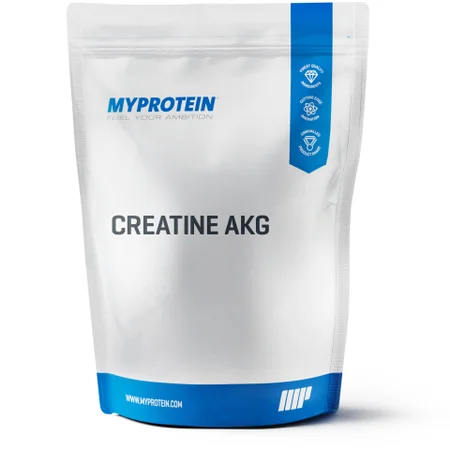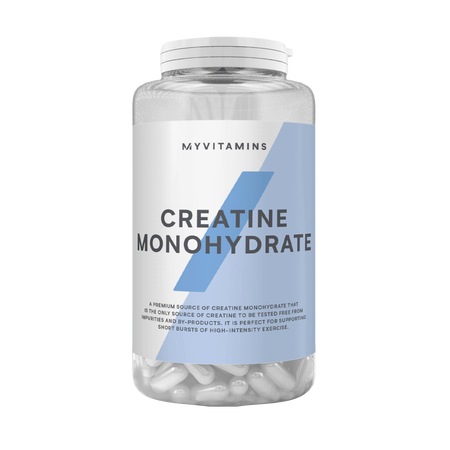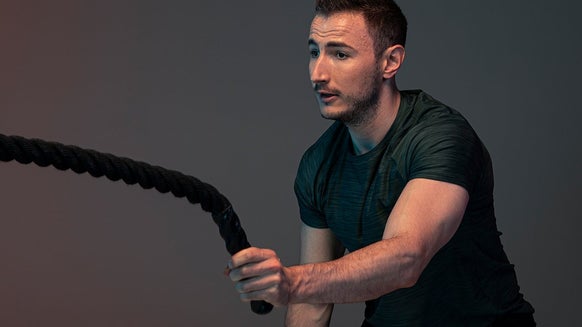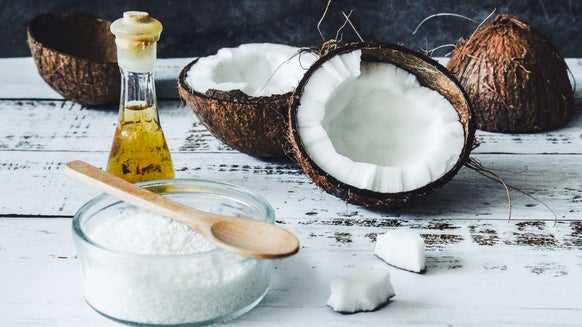
Creatine is undoubtedly one of the most popular ergogenic supplements for athletes, bodybuilders and other weightlifters. Creatine plays a large role in the reformation of ATP which also delays the onset of muscle fatigue. There is no clear cut, definitive answer, to whether you should take creatine pre or post workout.
There are arguments on both sides of the debate, some rooted in science and some in anecdotal evidence. Some others believe it does not matter when you take the creatine as long as it is taken daily. Creatine timing is a widely debated topic, but new evidence shows that it could be beneficial to supplement with creatine both before and after a workout.
How Does Creatine Work?
In order to greater understand creatine timing and its benefits it is important to understand how creatine works in the body. Creatine can be obtained through supplementation and diet, primarily in meats. Creatine is also synthesized in the body, mostly by way of the liver. Creatine binds to phosphate molecules when absorbed and is transported throughout the body (specifically to skeletal muscle in this example) through the bloodstream. It is then stored in the sarcoplasm of the muscle which is similar to the cytoplasm of an animal cell.
As we go through daily activity, and especially when we exercise, our body uses Adenosine Triphosphate as its main energy source. Every muscle contraction uses ATP. The smallest functioning unit of the skeletal muscle, a sarcomere is made primarily of actin and myosin.
Myosin has small heads that act as a lever to pull actin which causes a muscle contraction. This process is called Cross Bridge Cycling. Each swivel of this head uses one ATP. When ATP is used for contraction it loses a phosphate and is broken down into Adenosine Diphosphate which is a lower energy molecule.
Stored creatine in the working muscle donates the low energy ADP its molecule of phosphate in order to convert it back into ATP. By supplementing daily with creatine monohydrate we can ensure that phosphocreatine levels remain Creatine supplementation can positively enhance the delayed onset of fatigue due to the fact that it is donating its phosphate molecule to re-energize ADP.

Should I Take Before Or After Working Out?
Since creatine is constantly stored within muscle throughout the body, logic would tell us that it wouldn’t matter when it is taken, as long as it is taken. While research isn’t abundant there are some studies available that show creatine and its post workout benefits.
One study was conducted at Victoria University in Australia. The 2006 study by Cribb and Hayes showed that the body produced a more anabolic response when protein and amino acids were taken post workout. This anabolism could lead to more protein synthesis and a greater increase in muscle size. The study included 23 recreational male bodybuilders. All were about 21 years of age and had 3 years prior training experience.
Subjects were randomly assigned to one of two groups and given supplement drinks. The drink contained whey protein isolate (40 g), carbohydrates (43 g), and creatine monohydrate (7 g). One group consumed the supplement drink in the morning and evening while the other consumed the drink pre and post workout. After 10 weeks of research, Cribb and Hayes determined that the pre/post group performed significantly better than the morning/evening group.
The pre/post group’s bench press, back squat, and deadlift 1RM tests were all greater as well as lean body mass. The results from this study are preliminary, but could be indicative. Given these findings it seems that it would be best to split daily creatine intake, which is usually 5 g per day, into both pre and post workout drinks.

Take Home Message
Creatine Monohydrate is one of the most commonly used supplements by athletes and weight lifters. By supplementing with creatine monohydrate we can ensure that phosphocreatine levels remain highly concentrated in the sarcoplasm of the muscle cells and ready to use when needed during intense training. The current findings show that pre and most supplementation of creatine is far more beneficial than taking it in the morning or evening.
While more research is needed, we can infer from current findings that creatine is most beneficial both pre and post workout, rather than randomly on any given day.











